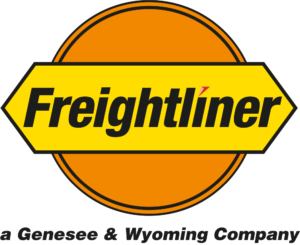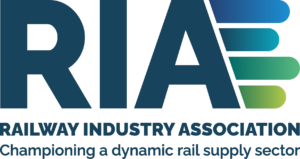The Rail Journey Discover your new career...
stories Real people, real stories
Secunda: Project Management apprentice at NSAR
Secunda is a Project Management degree apprentice, with NSAR as part of our scheme as a flexi-job apprenticeship agency. She is employed by NSAR and undertakes placements at various other organisations to gain a variety of experience and skills.
Read more Charlie: Signalling Project Engineer at Colas Rail UK
Routes into Rail sat down with Charlie, a Signalling Project Engineer at Colas Rail UK, to find out about her experience as a graduate and a degree apprentice in the industry.
Read more Saqib: Graduate Mechanical Engineer at Network Rail
As a Graduate Mechanical Engineer (Fleet), Saqib oversees the maintenance, overhauls, and enhancement of the maintenance rail vehicles that operate on the railway network.
Read more Sam: Graduate at HS2
I began HS2 as a graduate in project management and was not only provided with great placements throughout the 24-month programme working on a variety of different, and very complex, projects, but I also achieved my Project Manager’s Qualification through the APM by the end of the programme.
Read more supporters Funded by








































